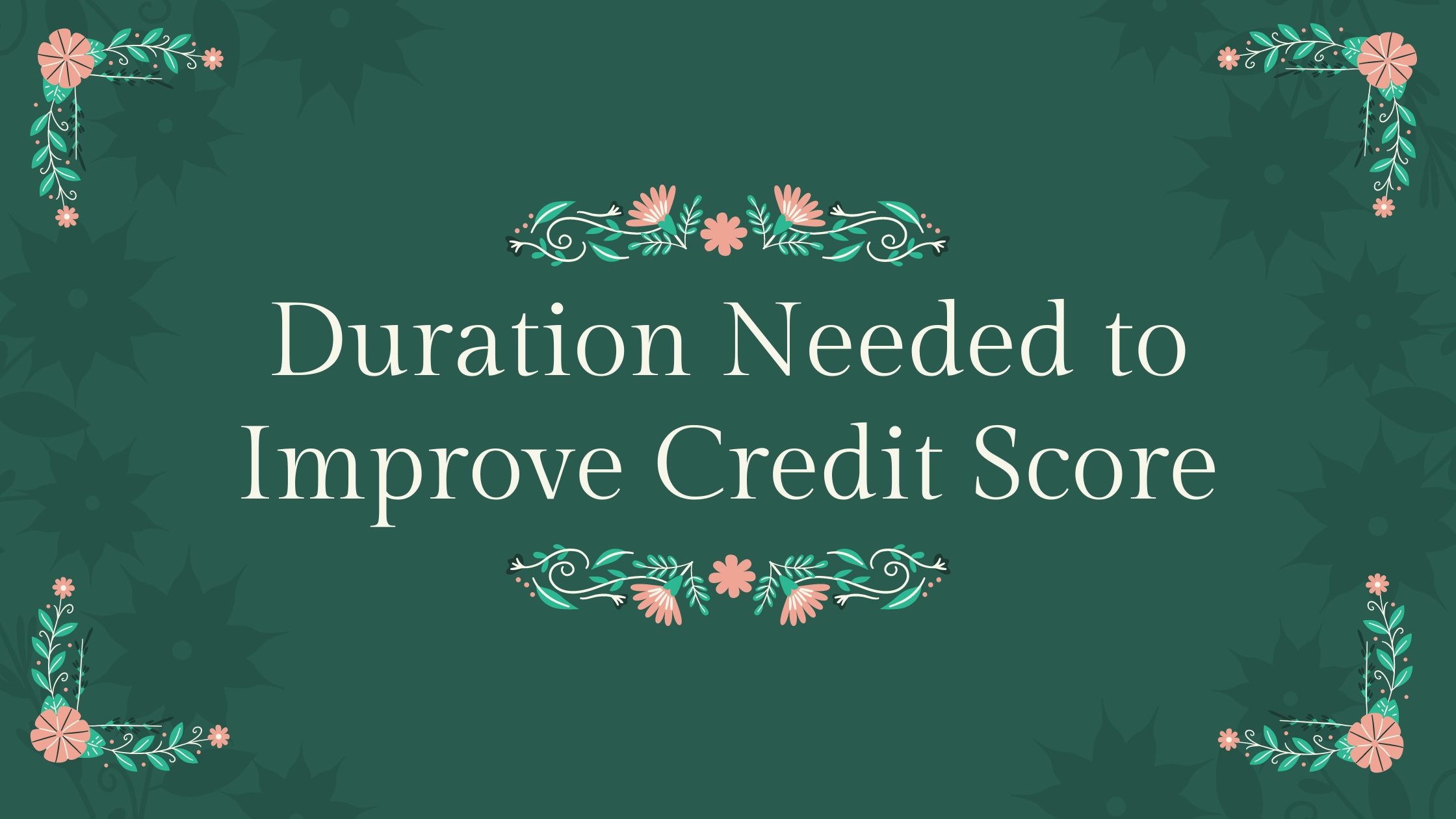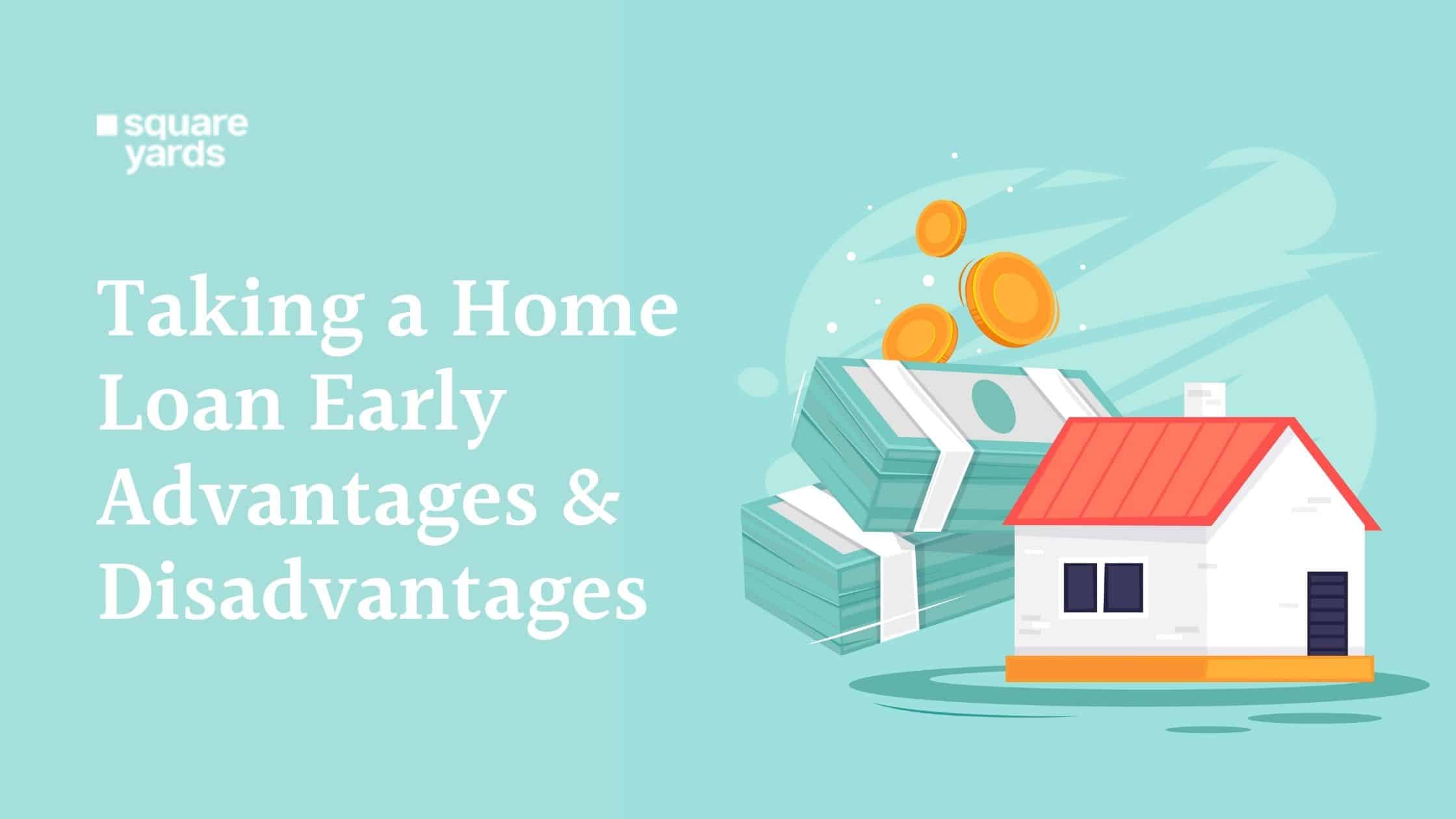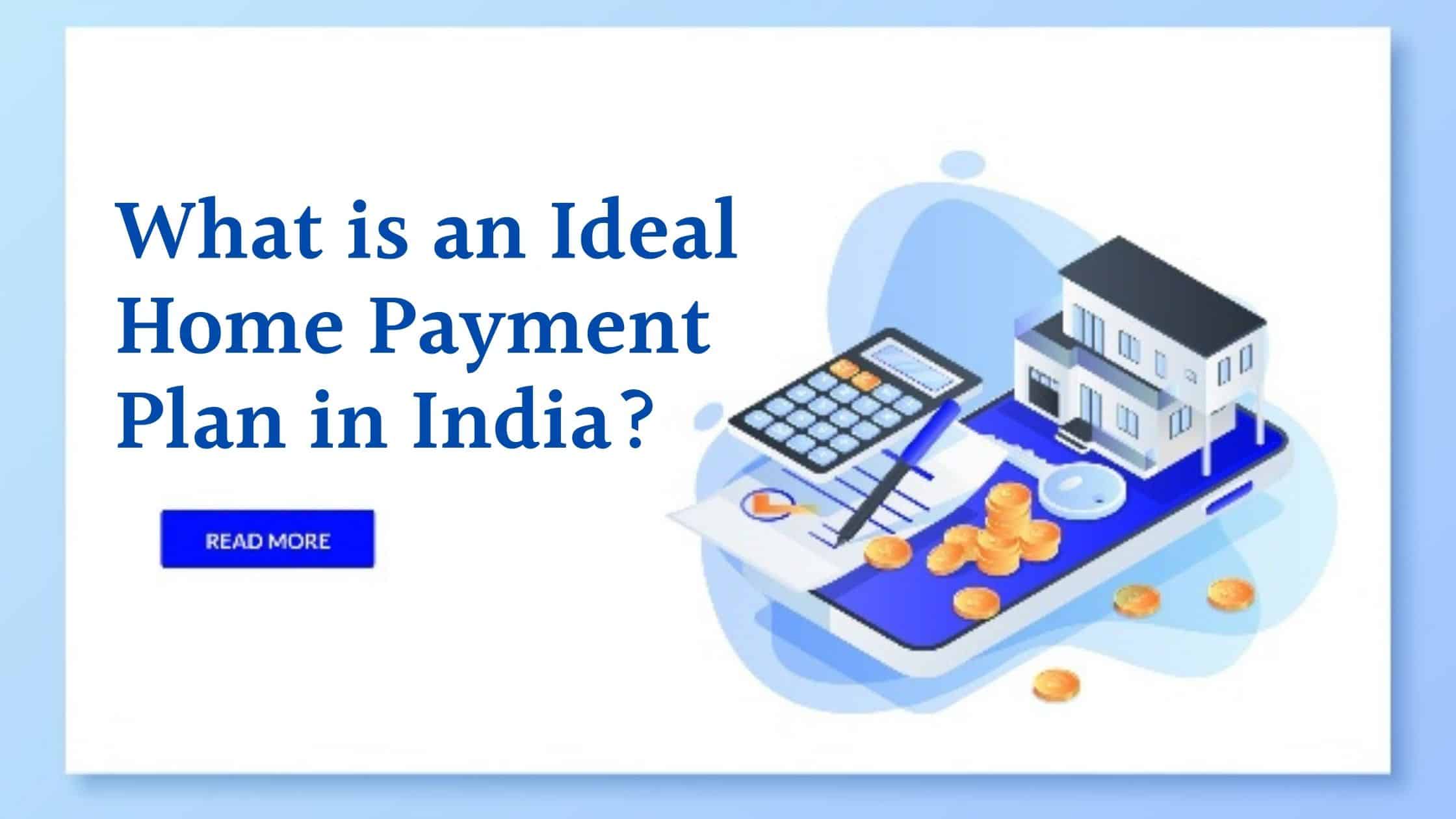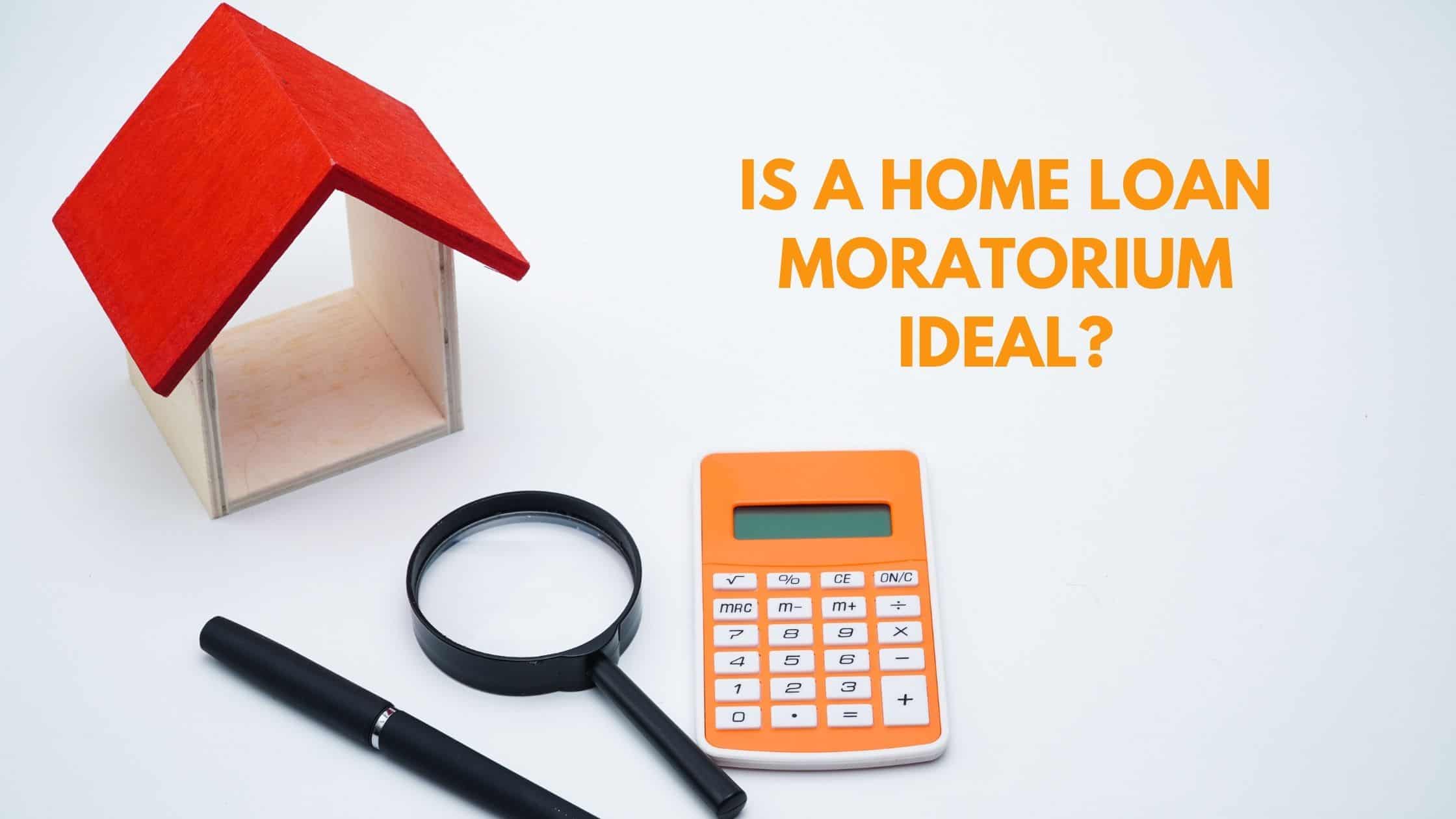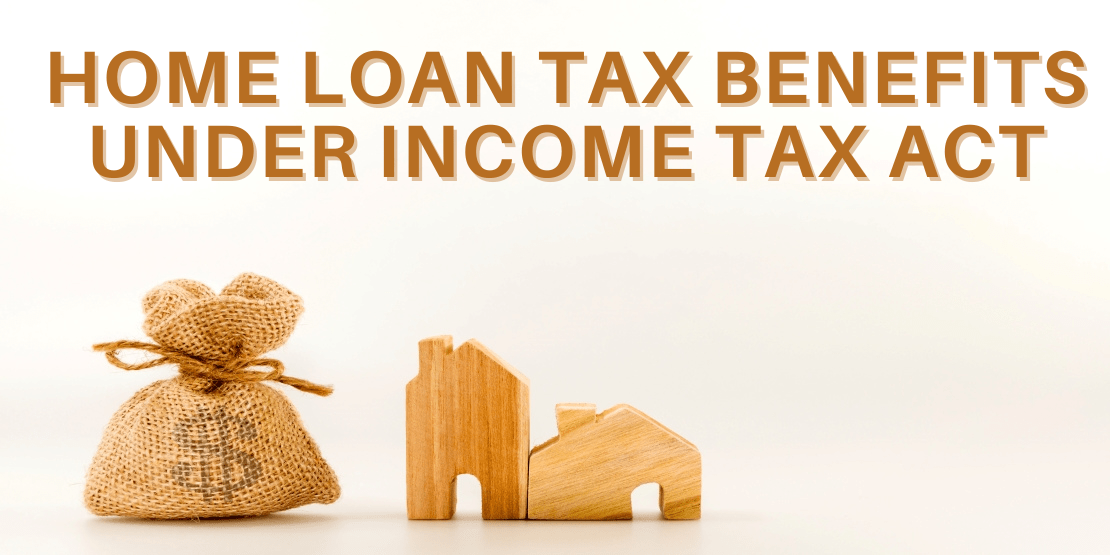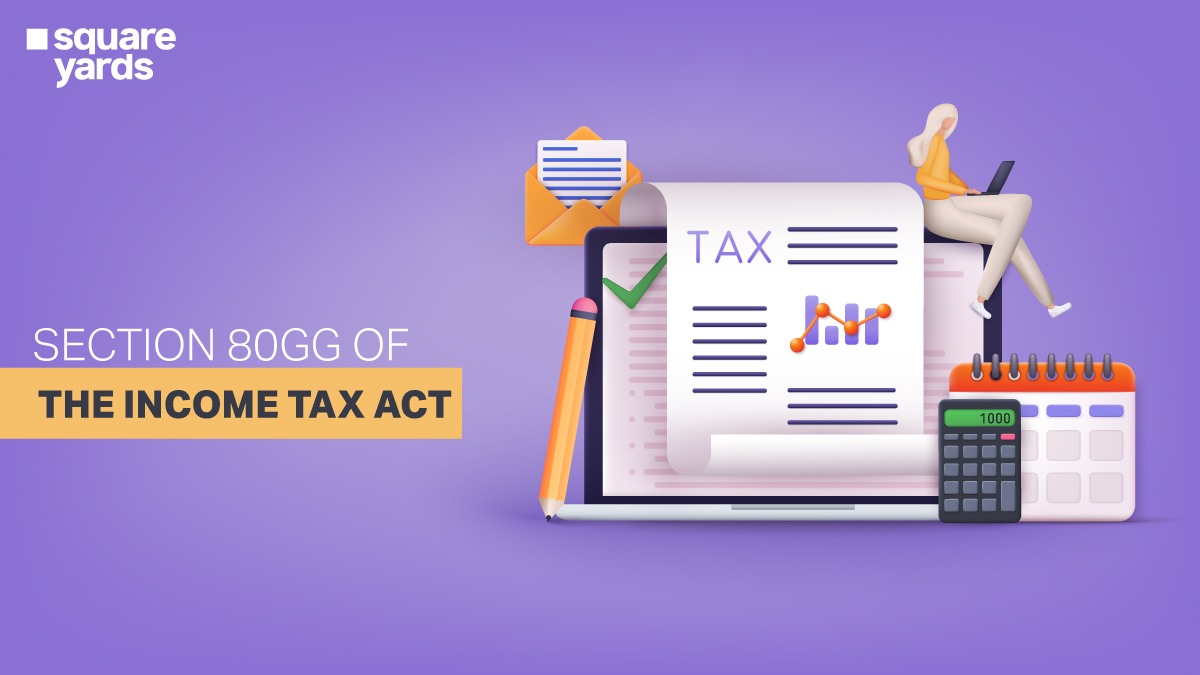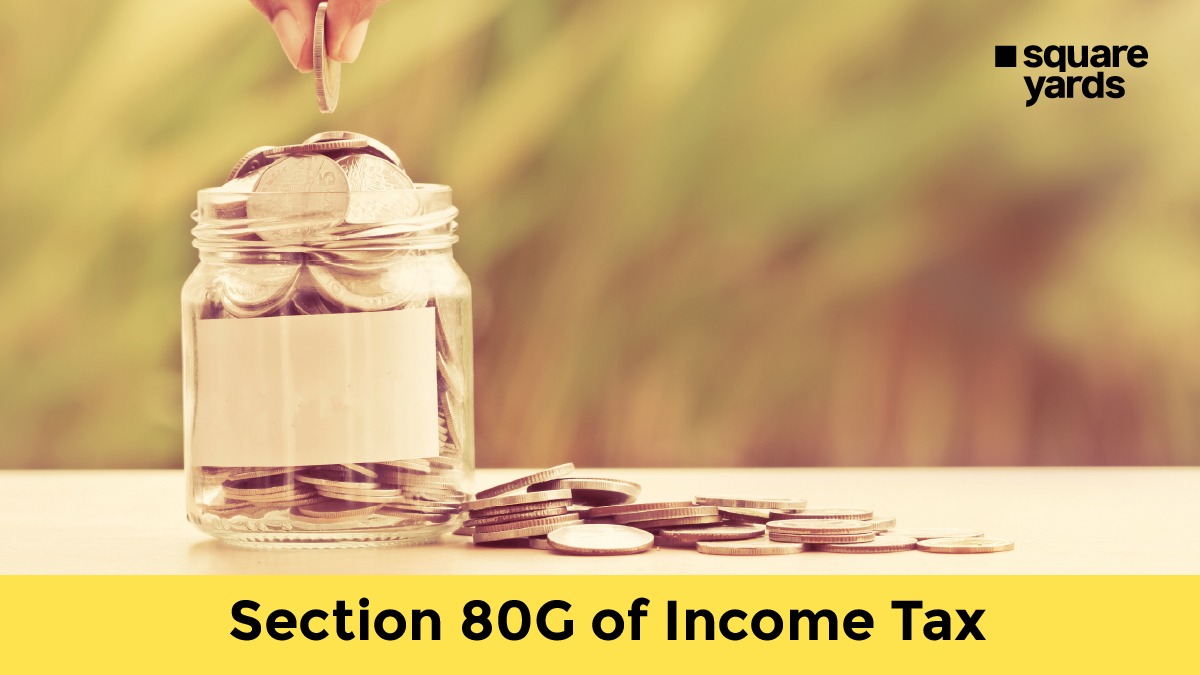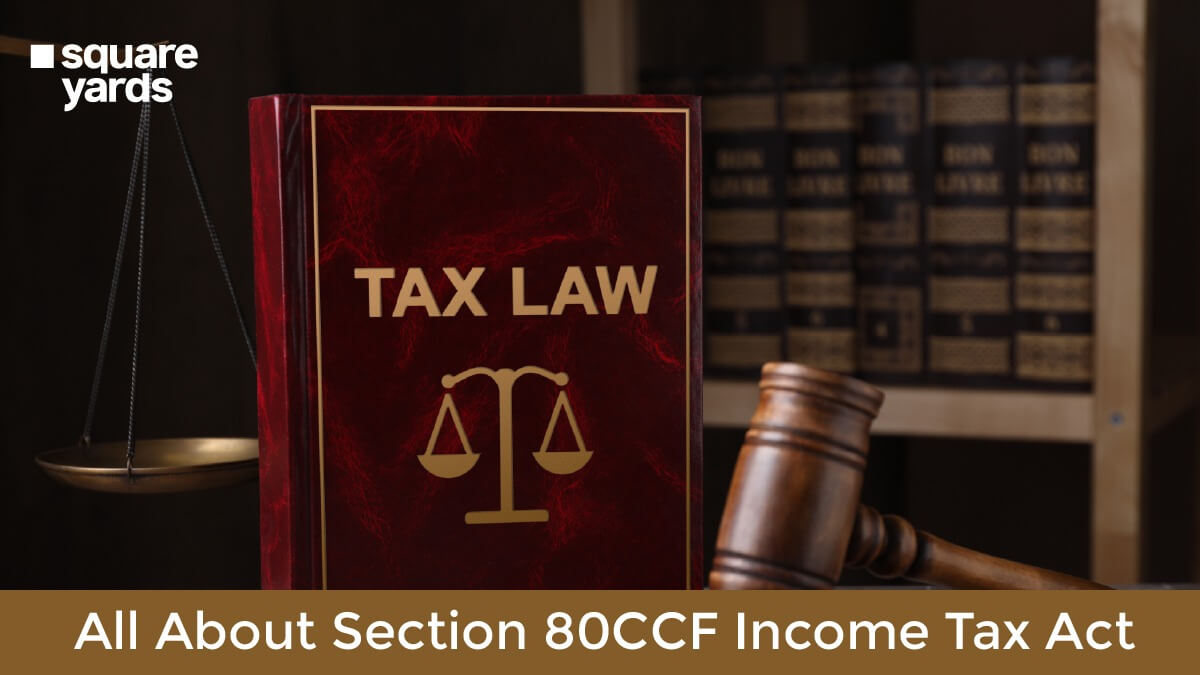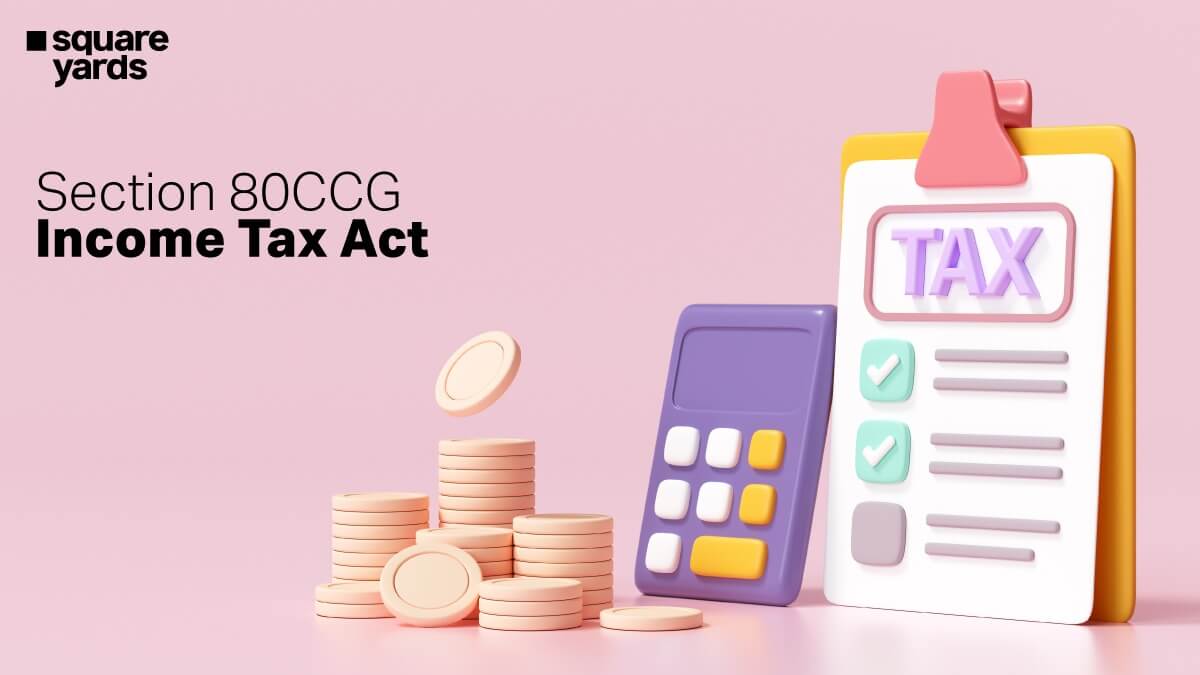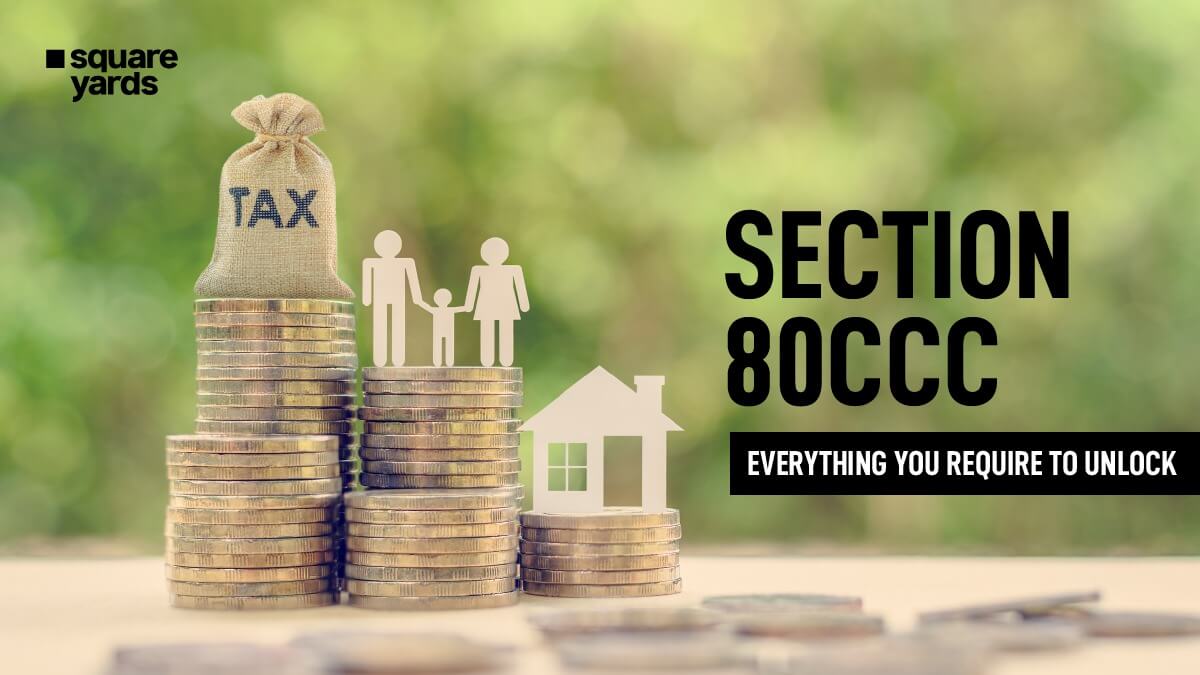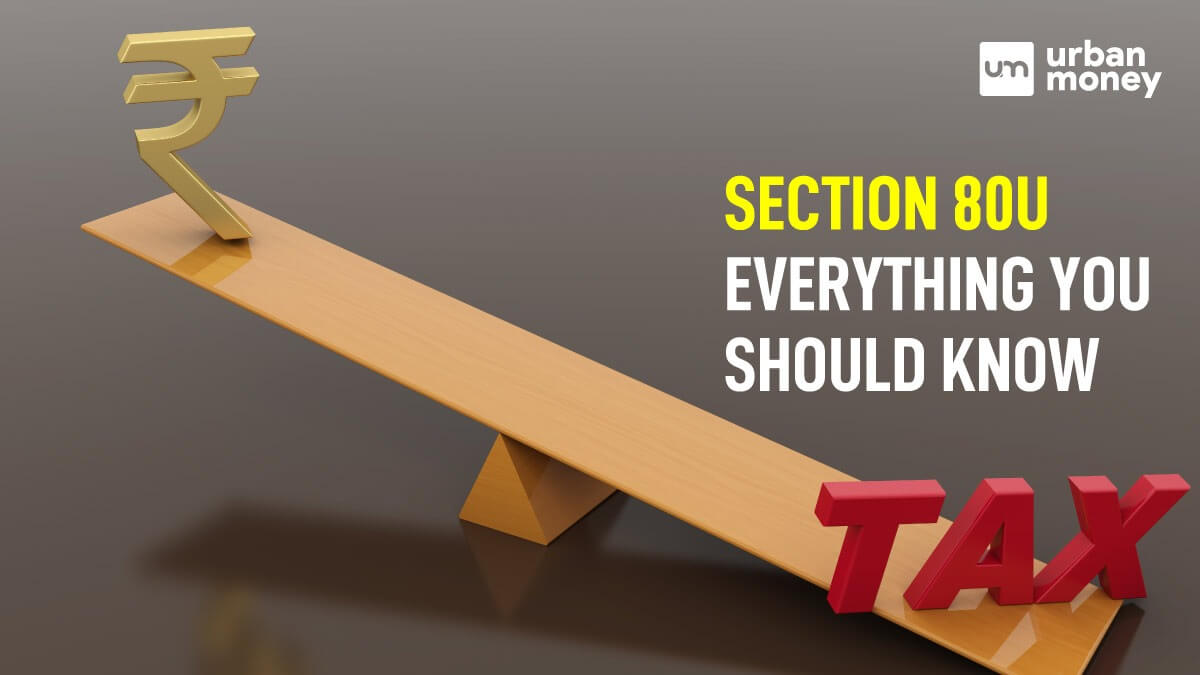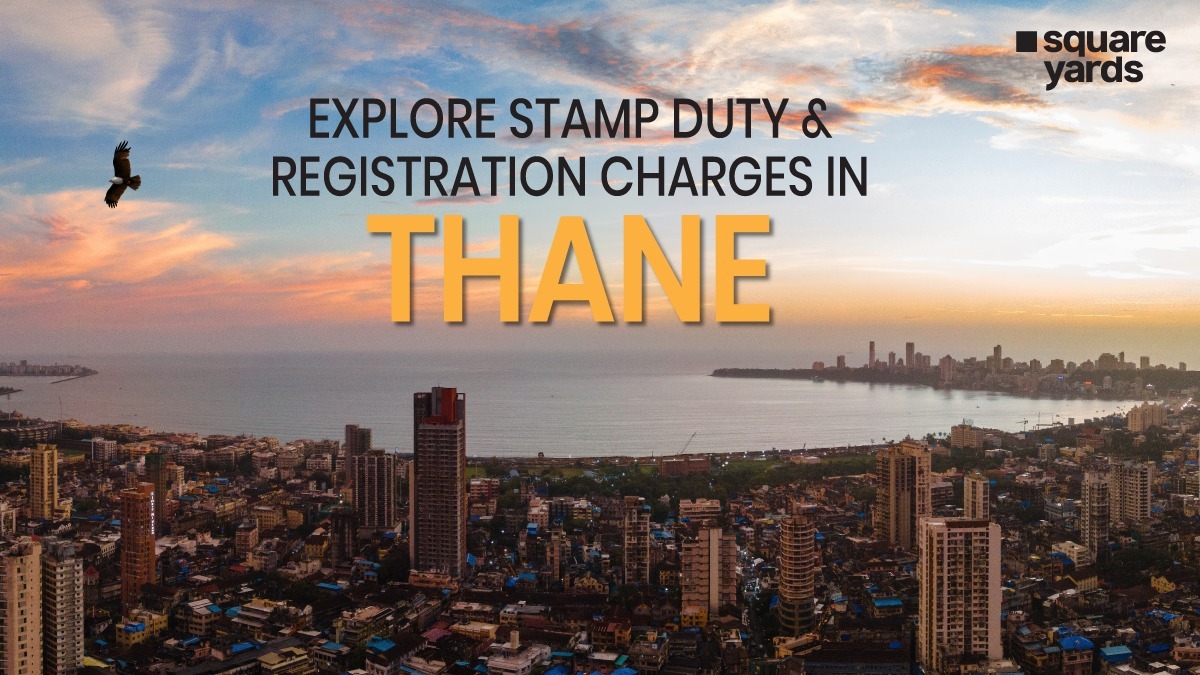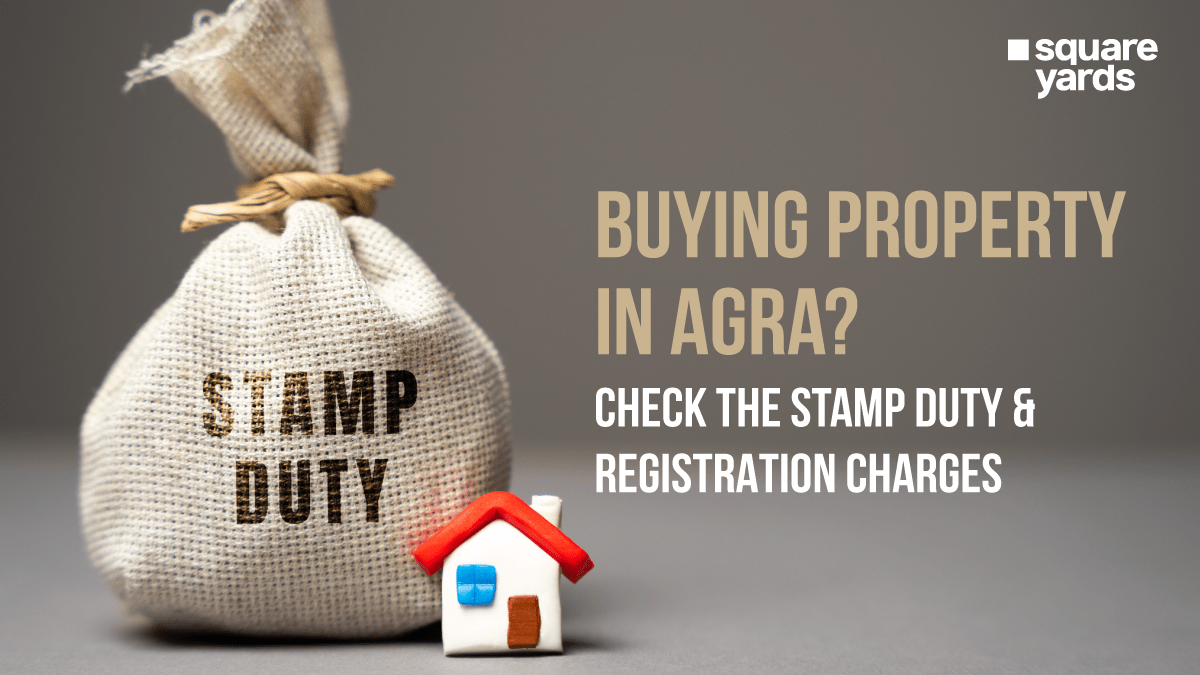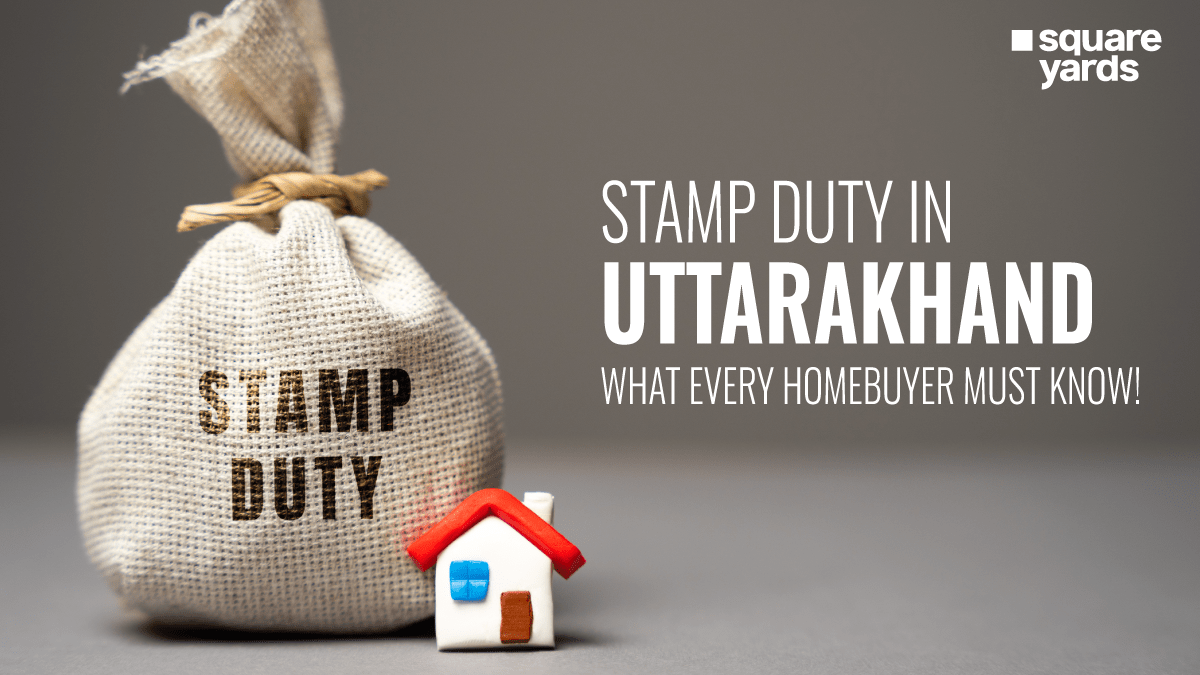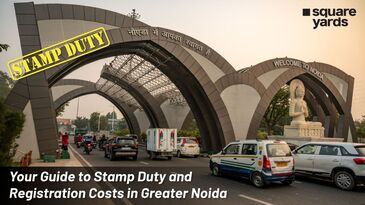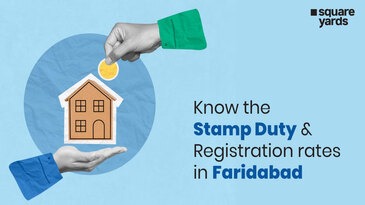A credit score is a number that ranges from 300 to 900 and represents a person’s creditworthiness. A borrower’s credit score improves the way they appear to potential lenders.
A credit score is calculated using information from your credit history, such as the number of accounts you have open, the total amount of debt you owe, and your repayment history, among other things. Lenders use credit scores to assess the likelihood of a borrower repaying a loan on time. Credit score check online has always been helpful for people in understanding how their financial profile looks. Now, if you have a bad credit score, it has a negative impact on your financial profile. Let us know about how long it takes to improve your credit score and the ways to improve it in this article.
How Long Does it Take to Improve Credit Score?
The time it takes to rebuild your score isn’t set in stone. It goes without saying that the lower your score, the longer it will take. To have a high chance of qualifying for loans and avoiding rejection, a credit score of 750 is considered the minimum requirement.
On average, it takes 4-12 months to get to the point where you can apply for a loan. It will take a few months to get 750 if your score is between 650 and 700. It will take longer if your score is less than 650. Online credit score checks will make you understand whether you need to maintain your credit score or improve it.
How can you Improve Your Credit Score?
One of the essential indicators of your financial wellness is your credit score. Browse through ‘How to check my credit score?’, and you will get the methods to conduct your credit score check online. It shows lenders how responsibly you use credit at a glance. The higher your credit score, the easier it will be to obtain additional loans or lines of credit. When you borrow, a higher credit score can open the door to the lowest accessible interest rates. Some ways to improve your credit score are:
Check Your Credit Score
Knowing your Credit Score regularly can provide insight into your credit situation. By signing up for a subscription-based credit score, you can keep track of your credit score. You can also follow your score utilizing a free online credit score report from one of India’s leading credit bureaus. Another reason to check your CIBIL score is to discover if your credit account has any inaccuracies or fraudulent entries.
Limit your Credit Utilization
Maintaining discipline when it comes to credit card usage is of vital importance. Make sure you are not exhausting your whole credit limit. It is recommended that you do not spend more than 50% of your credit card limit until your CIBIL score hits 750.
Make On-Time Payments
You demonstrate that you can effectively manage your debt, make sure to pay all of your bills on time. Maintain a decent credit score by paying your payments on time. Never pay in instalments because this will portray you as a sloppy creditor and lower your CIBIL score.
Verify Your Credit Report
In addition to keeping an eye on your CIBIL Score, it’s a good idea to check your credit report for any inaccuracies. It is preferable to review your credit report frequently so that any errors can be corrected promptly.
Increase Your Credit Limit
Your credit limit refers to the maximum amount you can borrow on your card. Request a credit limit increase from your credit card company.
What Factors Affect the Credit Score?
The factors that impact your Credit Score are:
Making Multiple Credit Applications
Lenders will want to examine your creditworthiness when applying for a loan or a credit card. They will do so by checking your credit report. This is referred to as a “hard inquiry.” If you submit numerous applications, numerous credit queries will be made at the same time. These difficult inquiries are reported and harm your score. It makes you appear credit-hungry. It’s best not to seek credit right away if your loan or credit card application was recently denied. It is preferable to enhance your CIBIL score before reapplying.
CIBIL Report Errors
Your CIBIL report contains a complete record of your current and former credit accounts. It is possible that any inaccuracies in your report can lower your score. So, it is essential to check your credit score regularly, and if you detect any anomalies in your report, you must correct them right away. Your lenders are the only ones who can fix these mistakes. CIBIL does not alter reports unless lenders submit the necessary modifications. Checking your credit report might also assist you in determining if you have been the victim of identity theft.
Outstanding Debts
You should always make an effort to pay off your debts. Unpaid dues on your credit record hurt your credit score. Even if the amount owed is modest, it is advisable to pay it off.
Payment Misconduct
Your payment history has the greatest impact on your credit score. Every month, it’s critical to pay your credit card payments and loan EMIs on schedule. 30-day delinquency can lower your score by 100 points, according to a CIBIL investigation (published by the Financial Express). It’s a good idea to set up reminders and notifications if you have numerous credit cards and loans to avoid missing or delaying payments. Missed or late payments lower your credit score and indicate that you are not reliable when it comes to repaying credit.
Credit History Length
In basic words, credit history refers to the total number of years since you initially established a credit account. If you have a long credit history, it aids lenders in making informed decisions when extending loans to you. It is preferable to focus on creating a credit history when you are younger, as you will have an excellent track record of credit transactions by the time you apply for a home or auto loan.
High Credit Utilization Ratio
Keeping an eye on your credit utilization ratio is one of the golden principles you should follow. It’s the amount of credit you’ve utilized concerning the credit limit you have available. Experts recommend that you use no more than 30% of your credit limit at any given time. If your credit card limit is Rs.1 lakh, for example, you should spend about Rs.30,000. Your credit score may suffer if you have utilized more than 50% of your credit limit. Lenders will be wary of you if you have a lot of credit exposure because it means you’re more likely to default.
Constant credit score check online will help you know about your scores and will help you make better decisions ahead.
What are the Types of Credit That Can Impact Your Credit Score?
There are three types of credit accounts: Revolving, Installment, and Open.
1. Revolving credit
Being one of the most prevalent forms of credit accounts, Revolving credit is a line of credit that you can borrow from at any time but has a limit on how much you can use at any particular moment, known as a credit limit. Credit cards and home equity lines of credit are the most common examples (HELOCs). It normally needs monthly payments and interest costs.
2. Instalment Credit
It is a loan for a specific amount of money with a specified, recurring payback schedule. It covers a wide range of loans, including school loans, mortgages, auto loans, personal loans, etc. This is also a pretty popular sort of credit.
3. Open Credit
Many people will never notice open credit on their credit reports because it is uncommon. Open credit accounts are those that allow you to borrow up to a certain amount (such as a credit card), but that must be paid back in full each month. Charge cards are commonly associated with open credit, as opposed to credit cards used for revolving credit.
Credit Score Check Online- How to Check my Credit Score Online?
To check online credit score, follow these steps:
- Step 1: Go to https://www.cibil.com, which is the official CIBIL website.
- Step 2: Choose ‘Get your CIBIL Score’ from the right corner of the website.
- Step 3: To acquire your free Annual CIBIL Score, click “Click here.”
- Step 4: Fill out the form with your name, email address, and password. Attach a photocopy of your ID (passport number, PAN card, Aadhaar, or Voter ID). Then, along with your PIN code, date of birth, and phone number, add your personal information.
- Step 5: Select ‘Accept and continue.’
- Step 6: An OTP will be sent to your phone number. Select ‘Continue’ after entering the OTP.
- Step 7: Choose ‘Go to dashboard’ and look at your credit score.
- Step 8: You’ll be routed to the myscore.cibil.com website.
- Step 9: Click ‘Member Login,’ and you’ll be able to check your CIBIL score once you’ve logged in.
You can also check your online credit score on websites of banking services aggregators other than the CIBIL website.
What is the Range Of a Good Credit Score?
A good credit score shows that you can be trusted with money. The majority of banks and non-banking loan providers consider a credit score of 750 and above to be excellent. Various credit bureaus, on the other hand, have different ranges. Let’s look at the various credit ranges:
| Range | Meaning |
| 300-500 | It denotes that you haven’t been paying your bills on time and have a lot of debt. It also implies that you haven’t had a high credit use ratio in a long time. Lenders will be reluctant to offer loans to such consumers since they imply a high chance of default. |
| 500-650 | This range indicates that you’ve missed a lot of payments. As a result, you’ll be at risk of becoming a defaulter as well. |
| 650-750 | A credit score in this area suggests that you have a track record of on-time payments and a superior grasp of credit management. This also implies that you are in good financial standing and are less likely to default on your debts. |
| 750-850 | Lenders will know that you have a very low risk of defaulting if your credit score is this high. It also implies that you have continuously demonstrated outstanding repayment habits and a low credit-to-income ratio. |
| 850-900 | This range indicates that you have been on top of your game when it comes to credit management and having various credit types. A credit score of 850 will put you in a good position to get the finest credit card and loan rates. |
Credit Report vs. Credit Score
The phrases credit score and credit report are frequently used in banking parlance, particularly when consumers are seeking credit from banks. Both of these phrases are intertwined and have an impact on a person’s credit score. Banks examine both the CIBIL score and the CIBIL report before extending credit to customers. CIBIL scores and CIBIL reports should be regularly watched by consumers to be updated about their credit status in today’s environment of broad internet access and global system integration. This information aids in the maintenance of strong credit history or the improvement of a poor credit score. CIBIL scores and CIBIL reports are interlinked but aren’t the same.
What is the Purpose Of a Credit Score?
The basic goal of a credit score or credit report is to help lenders determine whether or not a person is creditworthy. As a result, your credit score plays a critical part in meeting your financial needs, being the lender’s primary criterion. The higher your credit score, the more likely you are to get approved for a credit card or a loan.
There is no easy method for raising your score overnight. To see benefits, you’ll need patience, a change in habits, and self-discipline, just like your health report. The benefits of getting a good grade last a lifetime.
FAQ
How to check my credit score?
By going to www.cibil.com, you can request your CIBIL report. To get your credit report, you’ll need to submit personal information such as your name, PAN card number, date of birth, gender, and other details, go through the personal verification process and pay a charge. Online credit score check will keep you vigilant throughout.
What is a good credit score?
A credit score of 700 or more is generally considered favourable for a score ranging from 300 to 850. On the same scale, a score of 800 or more is deemed good.
Which is the best site to check credit scores?
The best site for credit score check online is www.cibil.com.
Is a credit score of 650 good or bad?
A credit score of 650 is considered fair, but if you improve it to a higher level, you may be eligible for reduced interest rates and better borrowing circumstances.
What is it like to have a very low credit score?
It might be difficult to obtain affordable credit or even get authorized for a loan or credit card if your credit score is poor.


